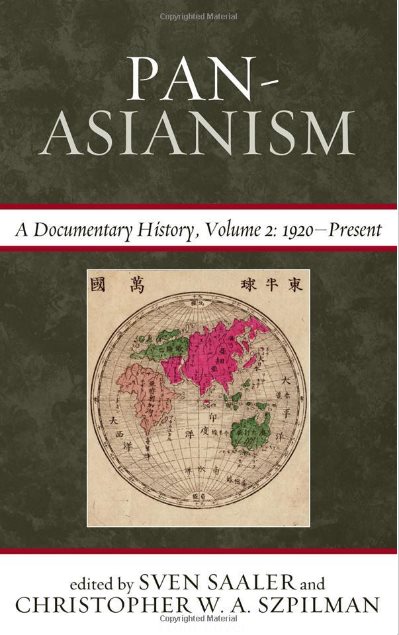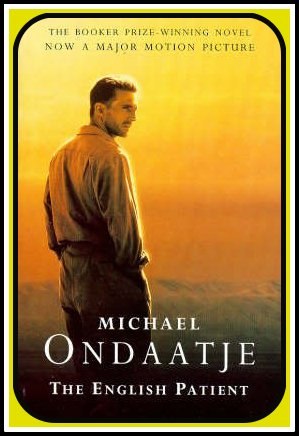

For the remaining twenty-six years of his life, he would never again return to the north.

Not just an army, the traveling party included his entire court and a tent city of colorful pavilions, animal herds, wagons, corrals, and bazaars. Finally deciding that he had to conquer the south himself, Aurangzeb rode out with an army reputed to number a half million.Quotes Matthew White - Atrocitology, 2011 White, Matthew - Atrocitology _ humanity's 100 deadliest achievements-Canongate Books (2011) After the death of Aurangzeb, Marathas defeated the Mughals in Delhi and Bhopal, and extended their empire up to Peshawar by 1758. The war expended a 100,000 Mughal troops annually, and thrice that number in horses, elephants and other beast of burden each year. This war began in 1680 by Mughal Emperor Aurangzeb's invasion of the Maratha enclave in Bijapur, which was established by the Maratha leader Shivaji. If we study history to avoid the mistakes of the past, then there can be no more important place to start than this eye-opening and entertaining book.The Mughal–Maratha Wars, sometimes referred to as a whole as the Deccan War, the Maratha War of Independence, or the Twenty-Seven Years' War were a set of wars fought between the Mughal Empire and the Maratha Empire from 1680 until the death of Aurangzeb in 1707. While sceptical of any grand theory for the causes of human violence, White does share three big lessons gleaned from his careful statistical analysis: one, chaos is more deadly than tyranny two, the world is even more disorganised than we realise and three, wars kill more civilians than soldiers (in fact, the army is usually the safest place to be).

From the First Punic War and the collapse of Mayan rule, to the reign of Peter the Great and the cataclysmic events of the Second World War, White's epic book spans centuries and civilisations as it measures the hundred most violent events in human history. Was the twentieth century the most violent in history? Are religions or tyrants, capitalism or communism the cause of most human suffering? Has violence increased or decreased over the course of history?In this wholly original and remarkably ambitious work, 'Atrocitologist' Matthew White considers man's inhumanity to man across several thousand years of history.


 0 kommentar(er)
0 kommentar(er)
